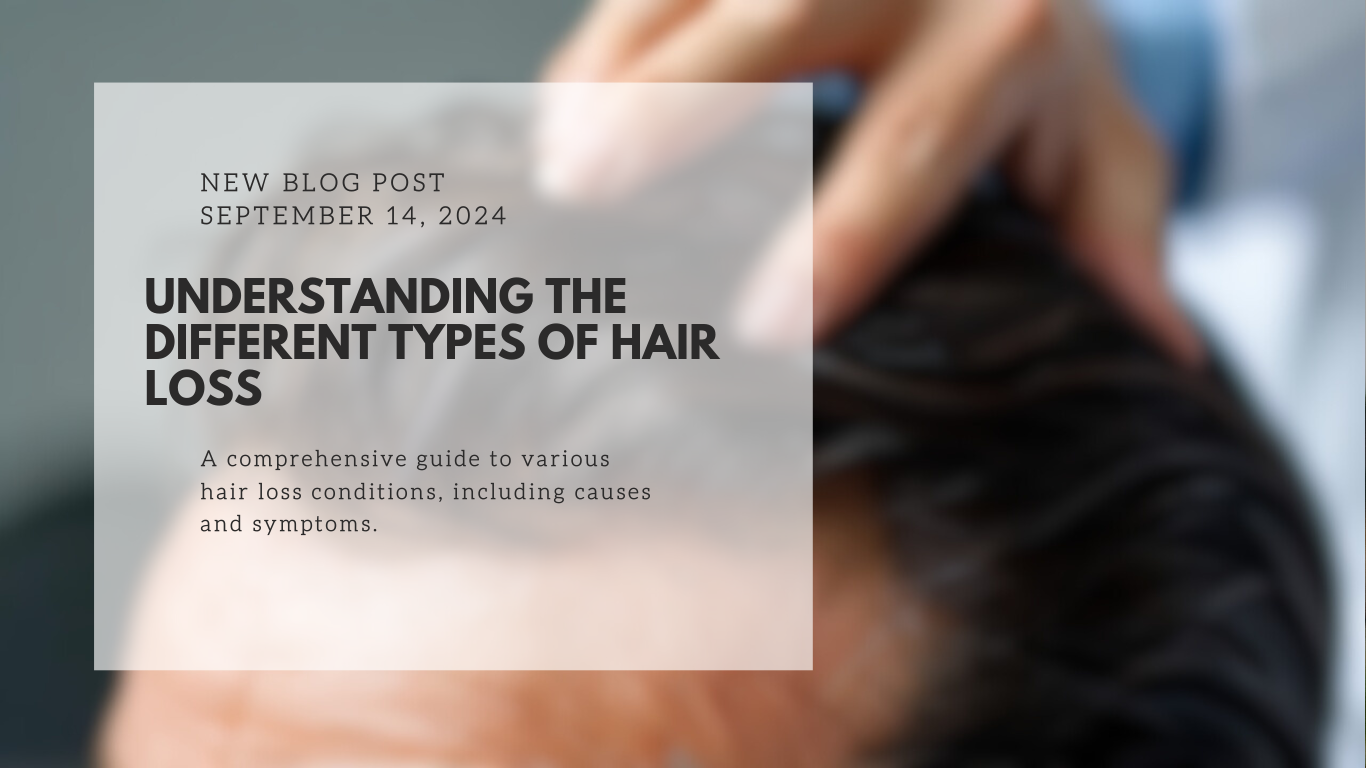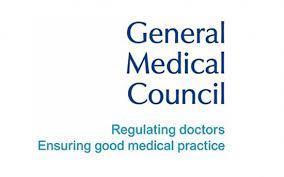Hair loss is a common concern that affects millions of people worldwide. While it can be a distressing experience, understanding the different types of hair loss can help individuals identify the underlying causes and seek appropriate treatment. This guide explores various hair loss conditions, their causes, and symptoms.
- Androgenetic Alopecia (Male Pattern Baldness and Female Pattern Baldness)
Androgenetic alopecia is the most common type of hair loss, affecting both men and women (though men more than women). It is caused by a combination of genetic factors and hormonal changes. In men, androgenetic alopecia often manifests as a receding hairline and thinning crown. In women, hair loss typically occurs as thinning around the part or crown of the head. - Telogen Effluvium
Telogen effluvium is a temporary condition where hair follicles enter the resting phase (telogen) prematurely, leading to excessive hair shedding. It is often triggered by stress, illness, medication, or hormonal changes. Hair typically regrows after the underlying cause is addressed. - Alopecia Areata
Alopecia areata is an autoimmune disorder that causes patches of hair to fall out suddenly. While the exact cause is unknown, it is believed to be related to the immune system attacking hair follicles. Alopecia areata can affect people of all ages and may result in complete or partial hair loss. Medications and therapies can help hair regrow, though severe cases may not respond to treatment. - Traction Alopecia
Traction alopecia occurs when hair is pulled too tightly, often due to hairstyles like braids, ponytails, or extensions. Over time, this tension can damage hair follicles, leading to hair loss. - Trichotillomania
Trichotillomania is a compulsive hair-pulling disorder that can cause significant hair loss. Individuals with trichotillomania experience a strong urge to pull out their hair, which can lead to bald patches or thinning.
Other Types of Hair Loss
In addition to the conditions mentioned above, there are other, less common types of hair loss, including:
- Alopecia Universalis: Complete loss of all body hair.
- Alopecia Totalis: Complete loss of scalp hair.
- Medication-Induced Hair Loss: Hair loss caused by certain medications.
- Nutritional Deficiencies: Hair loss due to deficiencies in nutrients such as iron, zinc, or protein.
Seeking Professional Help
If you are experiencing hair loss, it is important to consult with a healthcare professional or dermatologist for a proper diagnosis. They can evaluate your condition, determine the underlying cause, and recommend appropriate treatment options.
Understanding the different types of hair loss can help individuals manage their condition and seek effective solutions. By being aware of the potential causes and symptoms, you can take proactive steps to address hair loss and maintain healthy hair.






